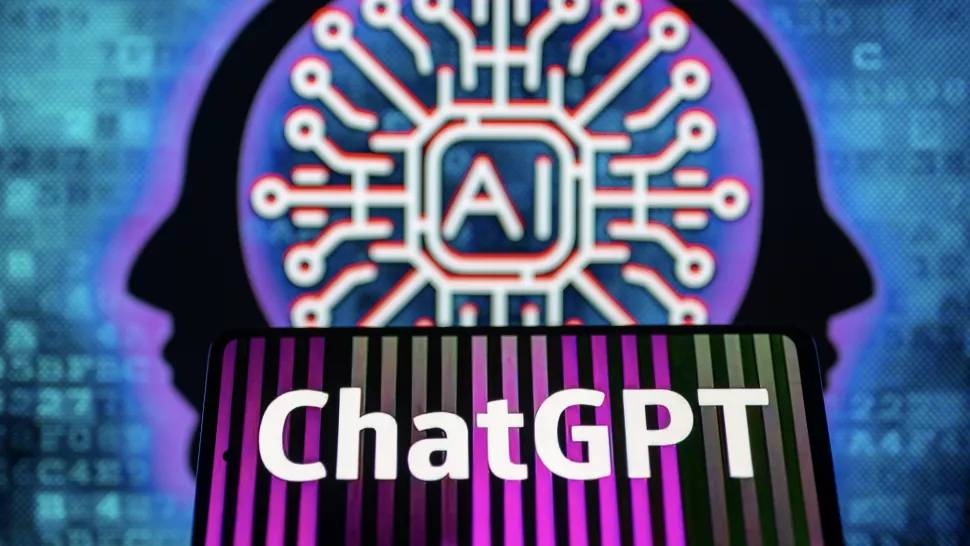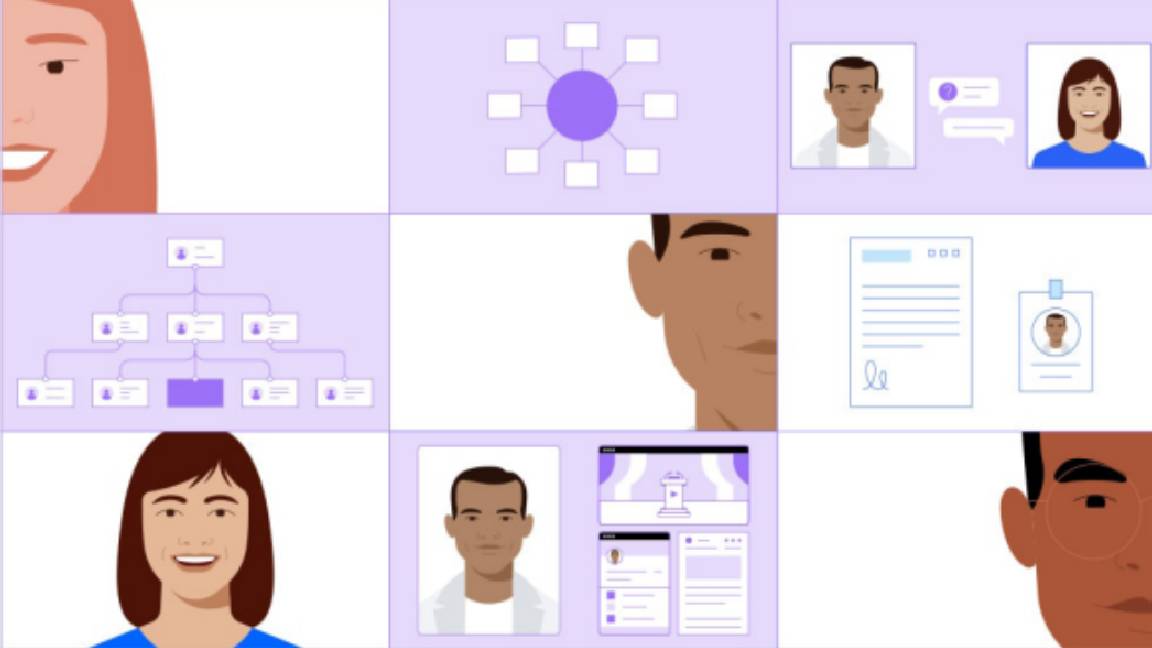In-house AI training "insufficient" for supporting business goals, report claims
An increased focus on training and upskilling to accommodate for AI tools will be vital for organizations moving forward


Although developers are eager to unlock the benefits of AI tools in their daily work, a growing skills gap and lack of appropriate training resources may be creating hurdles, new research suggests.
Around 67% of organizations are currently planning to use AI in software development, while just under one-quarter (23%) are already using AI tools in daily practices, according to GitLab’s 2023 Global DevSecOps Report.
Respondents specifically highlighted increased productivity as a key benefit, with 51% stating that AI tools have resulted in heightened levels of efficiency. Similarly, 48% said that AI has helped deliver “faster cycle times” during the development process.
However, despite obvious benefits with regard to efficiency and developer productivity, GitLab said that human expertise in AI is now a concerning “inflection point” for businesses.
Respondents to the survey raised concerns that current AI training resources and skills capabilities could present significant challenges moving forward.
Appropriate skills and a lack of knowledge on AI were both highlighted as key obstacles to AI adoption in software development, GitLab found.
“While respondents remain optimistic about their company’s use of AI, the data indicates a discrepancy between organizations’ and practitioners’ satisfaction with AI training resources,” the firm said.
Get the ITPro daily newsletter
Sign up today and you will receive a free copy of our Future Focus 2025 report - the leading guidance on AI, cybersecurity and other IT challenges as per 700+ senior executives
“A lack of the appropriate skill set to use AI or interpret AI output was one of the top obstacles (34%) and AI introducing a new set of skills to learn was one of the respondents’ top areas of concern (42%).”
An overwhelming majority of respondents to GitLab’s survey (81%) said they require training to successfully use AI in their daily work while 87% said organizations will be forced to re-skill employees to adapt to widespread changes that AI will bring.
RELATED RESOURCE

Driving disruptive value with Generative AI
Watch this free webinar and see how businesses are responsibly leveraging AI at scale.
Yet despite this, training resources at many organizations were found to be lacking. Nearly three-quarters said that although their employer provides training, they are being forced to seek alternative resources to supplement in-house training.
This, GitLab said, suggests that current resources and training are “insufficient” to enable developers to fully maximize their use of AI tools.
Nearly half (49%) of respondents revealed they are utilizing books, articles, and online videos pertaining to AI tools to supplement learning.
An equal amount are also engaging with extracurricular educational courses while 47% are relying on peers or mentors to improve their understanding.
There is also a marked disparity in terms of the availability - and quality - of training resources across seniority levels, GitLab found.
C-level respondents and those with managerial titles were “significantly more likely” than non-managers to say their organization provides appropriate training and resources for using AI.
“This suggests that although organizations are making a top-down attempt to make AI resources available to employees, those resources may not be adequate, or some employees may not be aware of them,” the report said.
GitLab’s research on AI-related skills aligns closely with a study from Randstad published this week. In a survey of more than 7,000 tech workers globally, 33% said they are already using AI within their daily roles.
However, the study revealed that just 13% of respondents had been offered AI training over the last year despite a sharp increase in the number of firms worldwide adopting such tools.
Bridging the AI skills gap
Mark Onisk, chief content officer at Skillsoft, told ITPro that many businesses globally could face an uphill battle to augment their workforce skills to accommodate for the increased use of AI.
To counter this, Onisk said organizations must place a stronger emphasis on internal training regimes to upskill staff and unlock the benefits of generative AI tools.
“Investing in reskilling and upskilling is vital to ensure everyone can benefit from AI,” he said. “By acquiring skills that complement and harness the power of AI, employees can unlock its potential for personal and professional growth.”
“To ensure this, organizations must take a stronger stance on training employees to use AI strategically and responsibly within their existing roles. They also need to ensure that the appropriate safeguards are in place to prevent misuse and human oversight before it has the chance to occur.”

Ross Kelly is ITPro's News & Analysis Editor, responsible for leading the brand's news output and in-depth reporting on the latest stories from across the business technology landscape. Ross was previously a Staff Writer, during which time he developed a keen interest in cyber security, business leadership, and emerging technologies.
He graduated from Edinburgh Napier University in 2016 with a BA (Hons) in Journalism, and joined ITPro in 2022 after four years working in technology conference research.
For news pitches, you can contact Ross at ross.kelly@futurenet.com, or on Twitter and LinkedIn.
-
 Bigger salaries, more burnout: Is the CISO role in crisis?
Bigger salaries, more burnout: Is the CISO role in crisis?In-depth CISOs are more stressed than ever before – but why is this and what can be done?
By Kate O'Flaherty Published
-
 Cheap cyber crime kits can be bought on the dark web for less than $25
Cheap cyber crime kits can be bought on the dark web for less than $25News Research from NordVPN shows phishing kits are now widely available on the dark web and via messaging apps like Telegram, and are often selling for less than $25.
By Emma Woollacott Published
-
 Generative AI adoption is 'creating deep rifts' at enterprises: Execs are battling each other over poor ROI, IT teams are worn out, and workers are sabotaging AI strategies
Generative AI adoption is 'creating deep rifts' at enterprises: Execs are battling each other over poor ROI, IT teams are worn out, and workers are sabotaging AI strategiesNews Execs are battling each other over poor ROI, underperforming tools, and inter-departmental clashes
By Emma Woollacott Published
-
 ‘If you want to look like a flesh-bound chatbot, then by all means use an AI teleprompter’: Amazon banned candidates from using AI tools during interviews – here’s why you should never use them to secure a job
‘If you want to look like a flesh-bound chatbot, then by all means use an AI teleprompter’: Amazon banned candidates from using AI tools during interviews – here’s why you should never use them to secure a jobNews Amazon has banned the use of AI tools during the interview process – and it’s not the only major firm cracking down on the trend.
By George Fitzmaurice Published
-
 A big enforcement deadline for the EU AI Act just passed – here's what you need to know
A big enforcement deadline for the EU AI Act just passed – here's what you need to knowNews The first set of compliance deadlines for the EU AI Act passed on the 2nd of February, and enterprises are urged to ramp up preparations for future deadlines.
By George Fitzmaurice Last updated
-
 This startup wants to simplify AI adoption through a single “orchestration” platform – and it includes access to popular models from Meta, OpenAI, and Anthropic
This startup wants to simplify AI adoption through a single “orchestration” platform – and it includes access to popular models from Meta, OpenAI, and AnthropicNews Nexos.ai wants to speed things up for enterprises struggling with AI adoption
By Ross Kelly Published
-
 Execs are happy to let AI make decisions for them, and it’s got IT workers worried
Execs are happy to let AI make decisions for them, and it’s got IT workers worriedNews IT decision makers are more cautious than the C-suite with AI adoption
By Emma Woollacott Published
-
 Accelerated, gen AI powered mainframe app modernization with IBM watsonx code assistant for Z
Accelerated, gen AI powered mainframe app modernization with IBM watsonx code assistant for Zwhitepaper Many top enterprises run workloads on IBM Z
By ITPro Published
-
 Let’s rethink the recruiting process
Let’s rethink the recruiting processwhitepaper If you designed your recruiting process for a new company, what would you automate to attract and hire the best talent?
By ITPro Published
-
 The power of AI & automation: Productivity and agility
The power of AI & automation: Productivity and agilitywhitepaper To perform at its peak, automation requires incessant data from across the organization and partner ecosystem.
By ITPro Published